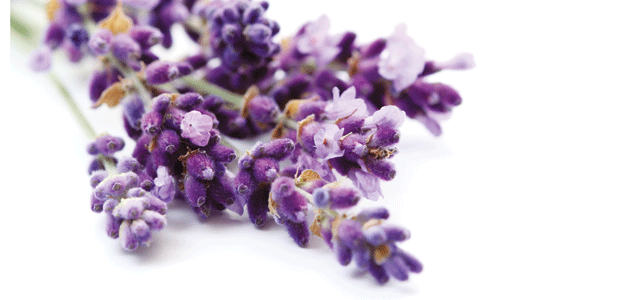Advertisement
Acne Alert
Treat it with care - naturally

If you thought you could kiss your acne goodbye when you hung up your high school backpack, you might have been mistaken. Though acne is usually associated with teens, it also affects a significant number of people during their adult years.
Acne can be caused by a combination of several factors, including heredity, hormones, stress, and nutrition. In addition, acne can be made worse by the use of oil-based makeup, suntan oil, hair gels and sprays, and oils from machinery or cooking.
Though there is a wide variety of over-the-counter acne treatment products available, these often leave the skin dry and irritated—and still prone to breakouts. Because many over-the-counter acne remedies can be too harsh, a natural approach with gentle yet effective natural skin care solutions may be a better alternative.
Natural acne care
Your natural health store has many options from which to choose. Look for formulas rich in gentle yet effective natural ingredients that have been shown to be effective on blemish-prone skin.
Tea tree oil
Known for its antimicrobial effectiveness, research has shown tea tree oil was as effective as benzoyl peroxide (a common over-the-counter acne treatment) in relieving the inflamed lesions in patients’ acne, but with significantly fewer side effects.
Willow bark
White willow bark is a natural source of salicylic acid, known for its anti-inflammatory properties and the foundation for such pharmaceuticals as Aspirin. Its anti-inflammatory properties make it a key ingredient in many skin care products for the treatment of acne.
Rosewood
Said to be effective in drying oily skin (without the side effects of benzoyl peroxide) rosewood oil is an excellent ingredient for acne control.
Lavender
Many studies have demonstrated the beneficial effects of lavender oil in a
variety of conditions, including insomnia, hair loss, anxiety, stress, and postoperative pain, while herbalists treat skin ailments, such as fungal infections, wounds, eczema, and acne with
lavender oil.
Camomile
The ancient Egyptians, Romans, and Greeks discovered the medicinal use of camomile thousands of years ago. Known for its antimicrobial action, camomile is still used for the treatment of psoriasis, eczema, and acne.
| Keep it clean
Cleanse Moisturize Spot treatment Exfoliate Lifestyle changes Reduce stress Eat well |




